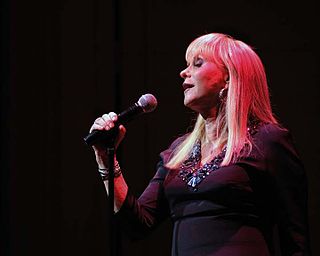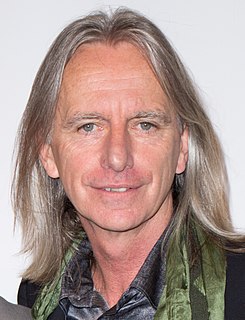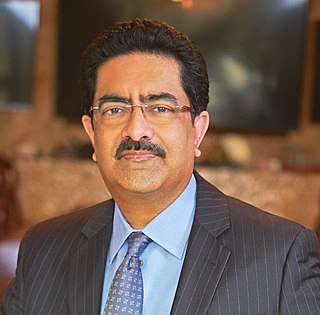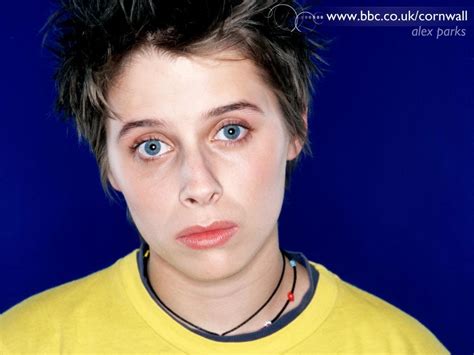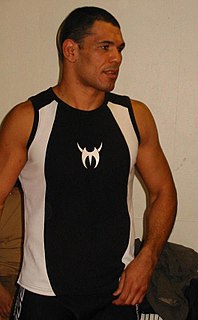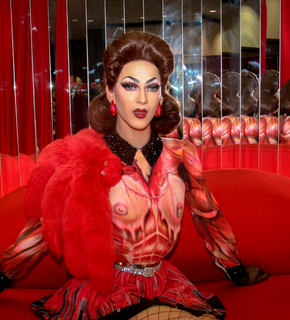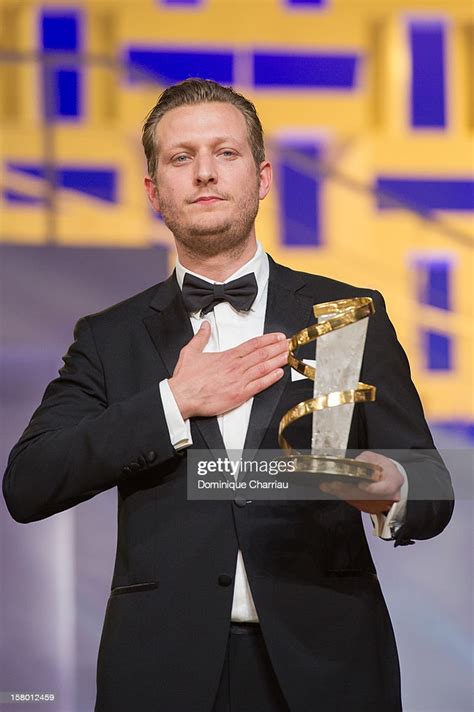A Quote by Jackie DeShannon
Well, as an artist, I think that Elvis's generosity to me he always talked very highly about me, he always spoke very highly about my work and singing and my writing.
Related Quotes
My fellow actors inspire me a lot and really good writing inspires me. And then trying to stick to the decision to only do something that I think will challenge me and that I, personally and very subjectively, I think is good not do something because I think it will bring me a lot of money or bring me a lot of awards. I've tried to very, very rigorously be highly subjective about what I do. And that's something that I think I have basically lived by.
I don't want to make vast generalizations about people who go into legal professions, but there are similarities in the barristers that I met and interacted with, in the sense that they tend to be highly eloquent, highly analytical, thinking people who have a very rapid-fire think-before-they-speak button, as it were.
I had always watched HGTV with my mom when I was very young, we would cuddle and watch interior design shows. I think those TV shows are what made me start thinking about aesthetics in a critical way. I think I could always tell when a person or an item was different or expensive or well designed and that was always exciting to me to see.
In the thirties a whole school of criticism bogged down intellectually in those agitprop, social-realistic days. A play had to be progressive. A number of plays by playwrights who were thought very highly of then - they were very bad playwrights - were highly praised because their themes were intellectually and politically proper. This intellectual morass is very dangerous, it seems to me. A form of censorship.
My father was a soldier. He was a frogman in the special forces in Denmark before I was born, and always the reality of that inspired me. My mom is very left-wing, classic socialist, and she always talked about the solders as almost crazy, violent, sick people, and I want to confront that because its very judgmental, and I'm not sure it's true.
I've honestly always been an overly analytical, highly observant person. I was playing music but thinking about it at same time, which was sort of exhausting. Aside from the pain of writing - you're not really in a gang like you are in band, it's a little bit lonelier - I think it was always something that I'd wanted to do. So the transition wasn't abrupt or painful.
My teacher introduced me to this photographer Eugène Atget. He was a French photographer in the late 1800s up until 1927 in Paris. He didn't consider himself an artist, but he was probably one of the artists of the 20th century. This guy documented all of Paris during those years. It's unbelievable. The books are phenomenal. The Museum of Modern Art has all his stuff now and [American photographer] Berenice Abbott saved his work. Not very much is known about his life, but the work is unreal and it totally spoke to me. He was the only artist for a number of years that I cared about at all.
